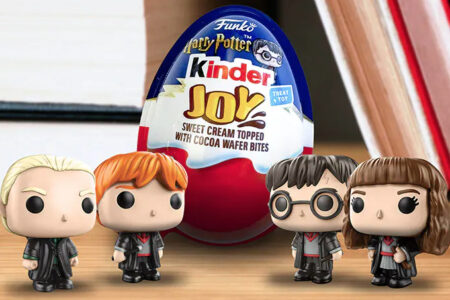Nestlé sales impacted by weaker consumer demand, yet KitKat performance continues growth

Nestlé has reported its latest annual results, which revealed a dip in sales to CHF92.9 billion for 2023, from CHF94.4billion the previous year, as it acknowledged weaker demand from consumers, with an ongoing cost of living crisis having an impact, writes Neill Barston.
However, the group noted that yearly profits had actually increased to CHF11.5 billion from CHF9.5billion experienced the previous year, citing continued double-digit growth for its flagship KitKat brand as among contributing factors to its performance, as well as raising its prices by a total of 7.5% amid a backdrop of wider inflation in many global markets.
The company said that its organic growth rate stood at 7.2%, though real internal growth rates were in fact 0.3%, and its operating profits also posted an upturn of 17% for the year, as the business continues to put out a strong range of releases within the confectionery and snacks sector.
While the business has continued a pipeline of innovation within the industry, it has also made key decisions to remove lines in the segment, including a decision this month to end production of the Breakaway bar after 50 years, along with the Yorkie biscuit.
By region, the company confirmed that its results in Europe were supported by pricing (up on average over 10%), as well as strong sales development for e-commerce and continued momentum for out-of-home channels, whereas there was 8.3% organic growth in Asia, and 7.3% registered across its portfolio in North America.
In its outlook, the company said sales growth was anticipated of around 4% and a moderate increase in the underlying trading operating profit this year, and a similar level of performance was projected for its results in 2025.
Mark Schneider, Nestlé CEO, noted that there were a number of challenging conditions that affected its overall performance, but remained optimistic for its outlook. He said: “Unprecedented inflation over the last two years has increased pressure on many consumers and impacted demand for food and beverage products. In this challenging context, we delivered strong organic growth and solid margin improvement with increased marketing and other growth investments. Our free cash flow generation returned to historical levels.
“Looking to 2024, we are prioritising volume- and mix-led growth with increased brand support, as we enhance value for consumers through active innovation and renovation, premiumisation, affordability and more nutritious options. We will continue to focus capital allocation on our fast-growing billionaire brands, which enables us to deliver dependable growth while enhancing brand loyalty.
To drive market share gains, our key priorities are delighting consumers through differentiated offerings and focusing on superior execution. We are confident that we have the right strategy, portfolio and capabilities to deliver on our 2025 targets.”



